Side Effects to Prepare For From aHUS Treatment
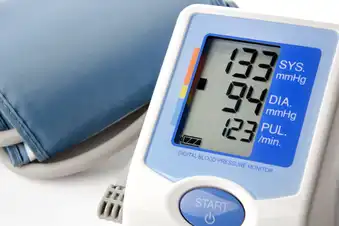
High Blood Pressure
One of the most common side effects when you take eculizumab (Soliris) is high blood pressure, also called hypertension. Almost half of all people who take it have increased blood pressure. But just under 25% get high blood pressure when taking ravulizumab (Ultomiris).

Vasodilator Side Effects
To treat high blood pressure from aHUS treatments, your doctor may prescribe medication that dilates your blood vessels called vasodilators. These medications can cause fluid buildup in your body (swelling), a fast or fluttering heartbeat, nausea and vomiting, headache, extra hair growth, joint pain, or chest pain.
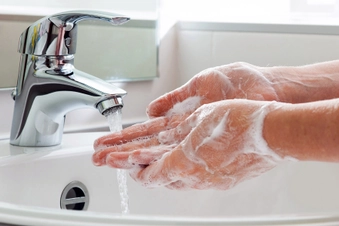
Lowered Immunity
You have a higher risk of getting sick when you’re on medications for aHUS. Watch for signs of infection such as chills, a fever, sore throat, or other symptoms of a cold or the flu. Practice good hand-washing and avoid anyone who is sick while you’re on treatment for aHUS.

Headache
A headache is a typical side effect of both aHUS medications. You’re more likely to get a headache after your first dose than you are with doses after that.
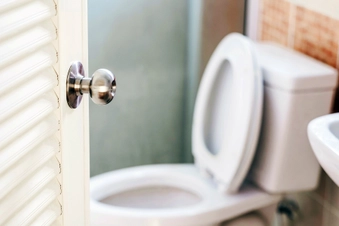
Nausea, Vomiting, and Diarrhea
Your digestive tract may take a hit with aHUS medications. This can cause reactions like queasiness, an upset stomach, loose stools (poop), or vomiting.

Muscle and Joint Pain
When you’re on treatment for aHUS, you may feel joint and muscle pain. This type of pain can especially happen in your back, arms, and legs.
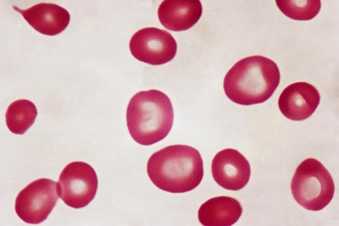
Anemia
Both aHUS medications can cause low red blood cell counts, a condition called anemia. When you have anemia, you may feel tired, weak, short of breath, dizzy, lightheaded, and cold. Your skin may also look pale.
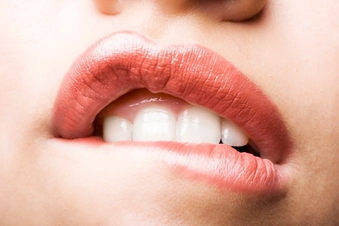
Pain When You Pee
This can be a sign of a urinary tract infection (UTI). You’re at a higher risk of getting a UTI because of the lowered immune system response you may get with aHUS medications.
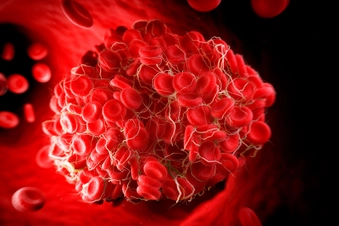
Kidney Transplant Reactions
Infections and blood clots are common after getting a new kidney. It’s possible to get narrowed arteries that go to your kidneys, a condition called arterial stenosis. This condition raises your blood pressure. You may have a buildup of fluid if your pee leaks from where your ureter joins your bladder after surgery. (Your ureter is the tube that takes urine from your kidney to your bladder.) It’s possible your body could reject the kidney, so your doctor might treat you with strong immunosuppressants.

Immunosuppressant Side Effects
After you get a new kidney, you need to take medications called immunosuppressants to help keep your body from rejecting the new organ. Side effects of these medications include a higher risk of infections, diabetes, high blood pressure, weight gain, belly pain, diarrhea, extra hair growth, swollen gums, bruising and bleeding easily, acne, and mood swings.
Show Sources
IMAGES PROVIDED BY:
1) iStock/Getty Images
2) iStock/Getty Images
3) iStock/Getty Images
4) E+/Getty Images
5) iStock/Getty Images
6) E+/Getty Images
7) Stone/Getty Images
8) E+/Getty Images
9) SCIEPRO/Science Source
10) E+/Getty Images
SOURCES:
Medscape: “Eculizumab (Rx),” “Ravulizumab (Rx).”
Mayo Clinic: “Vasodilators,” “Anemia.”
Cleveland Clinic: “Eculizumab injection.”
PNH National Service: “Eculizumab treatment.”
MedlinePlus: “Eculizumab Injection.”
National Health Service (U.K.): “Kidney Transplant.”